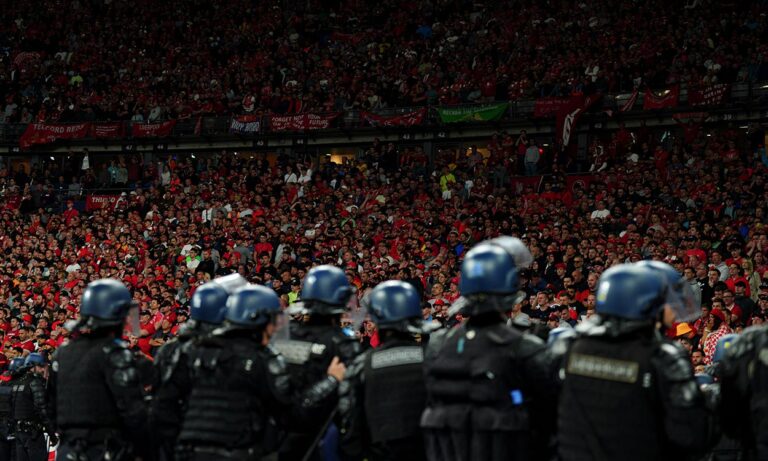UEFA will refund Liverpool fans for chaotic 2022 Champions League final held in Paris

Only weeks ago, the Union of European Football Associations (UEFA) admitted that it bears “primary responsibility” for the catastrophic organisational and safety failures that turned last season’s Champions League final into a traumatic experience for many supporters.
Now, it’s revealed plans to refund all Liverpool fans’ tickets from the final between Liverpool and Real Madrid after it “almost led to a disaster” outside the Stade de France in Paris. The refund scheme will cover all of the Liverpool allocation (19,618 tickets) with supporters receiving the full cost of their ticket back from European football’s governing body.
Prices ranged from £59.40 up to a whopping £585.70 for a seat at the chaotic final. The heart of the report—which came from UEFA itself—is a conclusion that it had “marginalised” its own safety and security unit, headed by Zeljko Pavlica, a close friend of UEFA President Aleksander Ceferin.
The report also strongly rejected claims made persistently by UEFA as well as the French police and government ministers, that thousands of Liverpool fans without valid tickets caused the problems. There was no evidence to support such claims, which were made in a “reprehensible” attempt by the authorities to avoid responsibility.
Liverpool were involved in the process that led to this latest decision, having had active influence on discussions from the start. Fans of the team were indiscriminately sprayed with tear gas, leading to crushes around the stadium before the game.
The final, which Real Madrid won 1-0, was delayed by 38 minutes due to crowd issues, with supporters inside the stadium told a “security issue” was to blame for the late running.
According to Sky Sports, some Real Madrid fans will also be eligible for refunds, with anyone who did not access the stadium before the originally scheduled kick-off time (or at all) among those able to claim.
UEFA general secretary Theodore Theodoridis said: “We have taken into account a huge number of views expressed both publicly and privately and we believe we have devised a scheme that is comprehensive and fair.”





